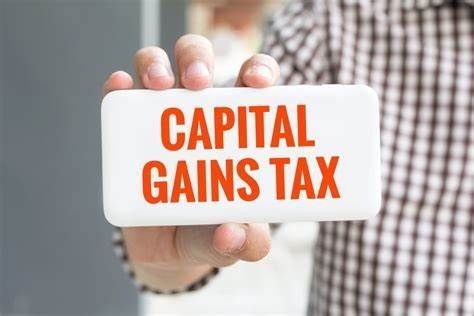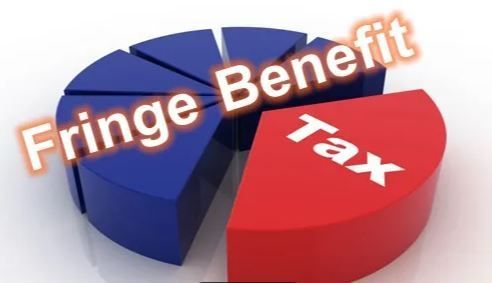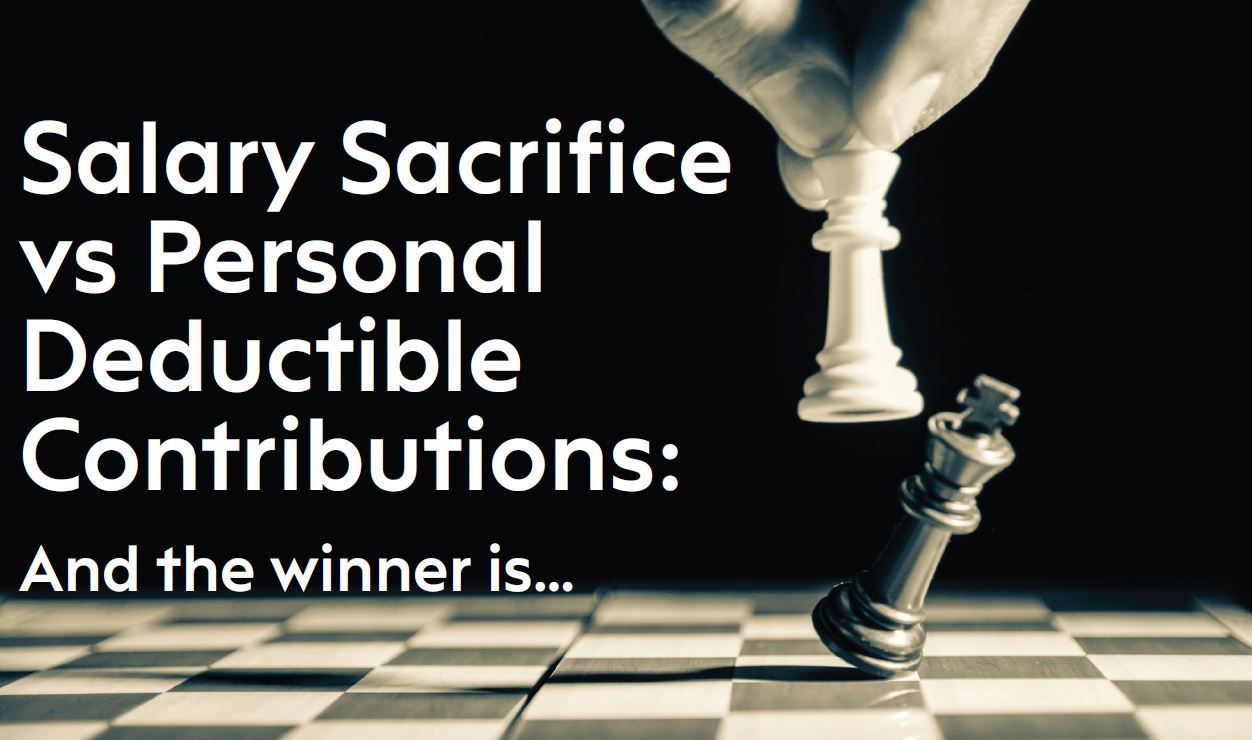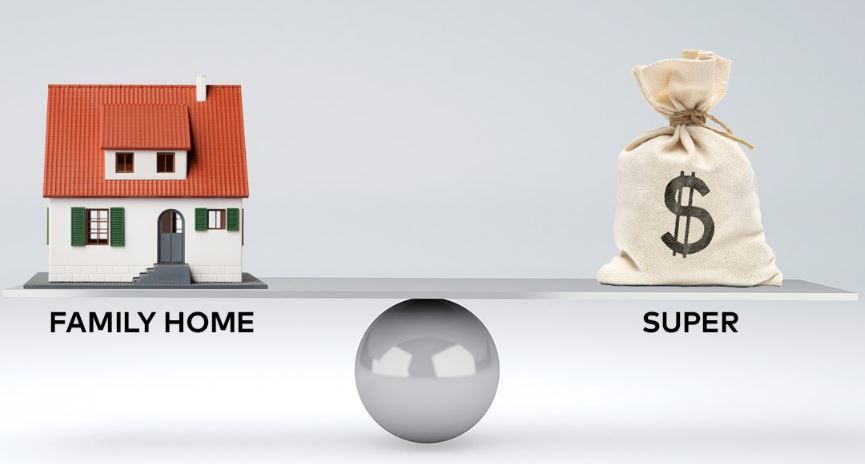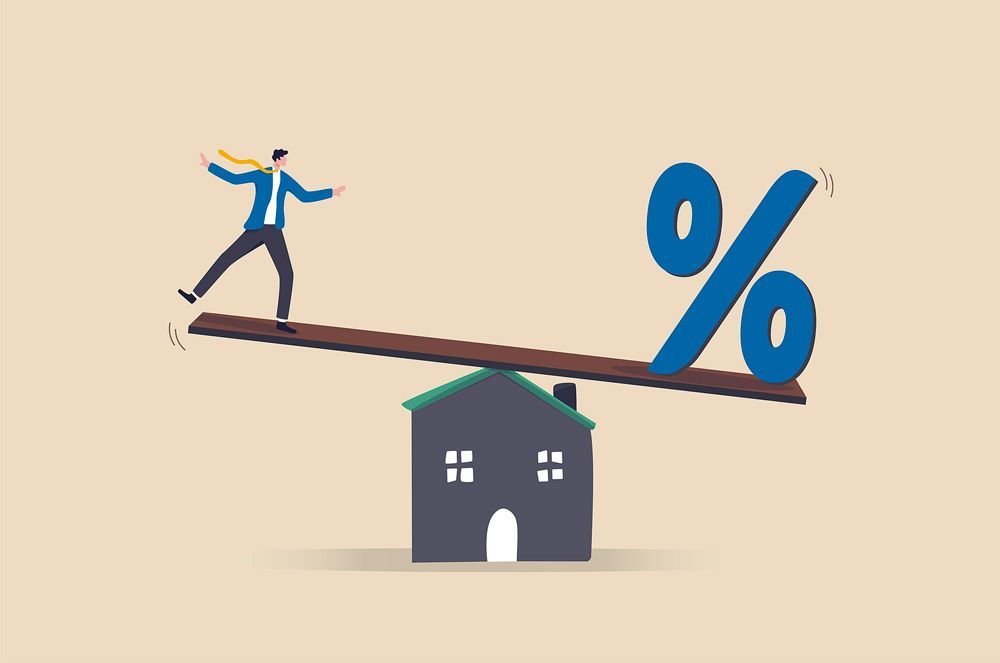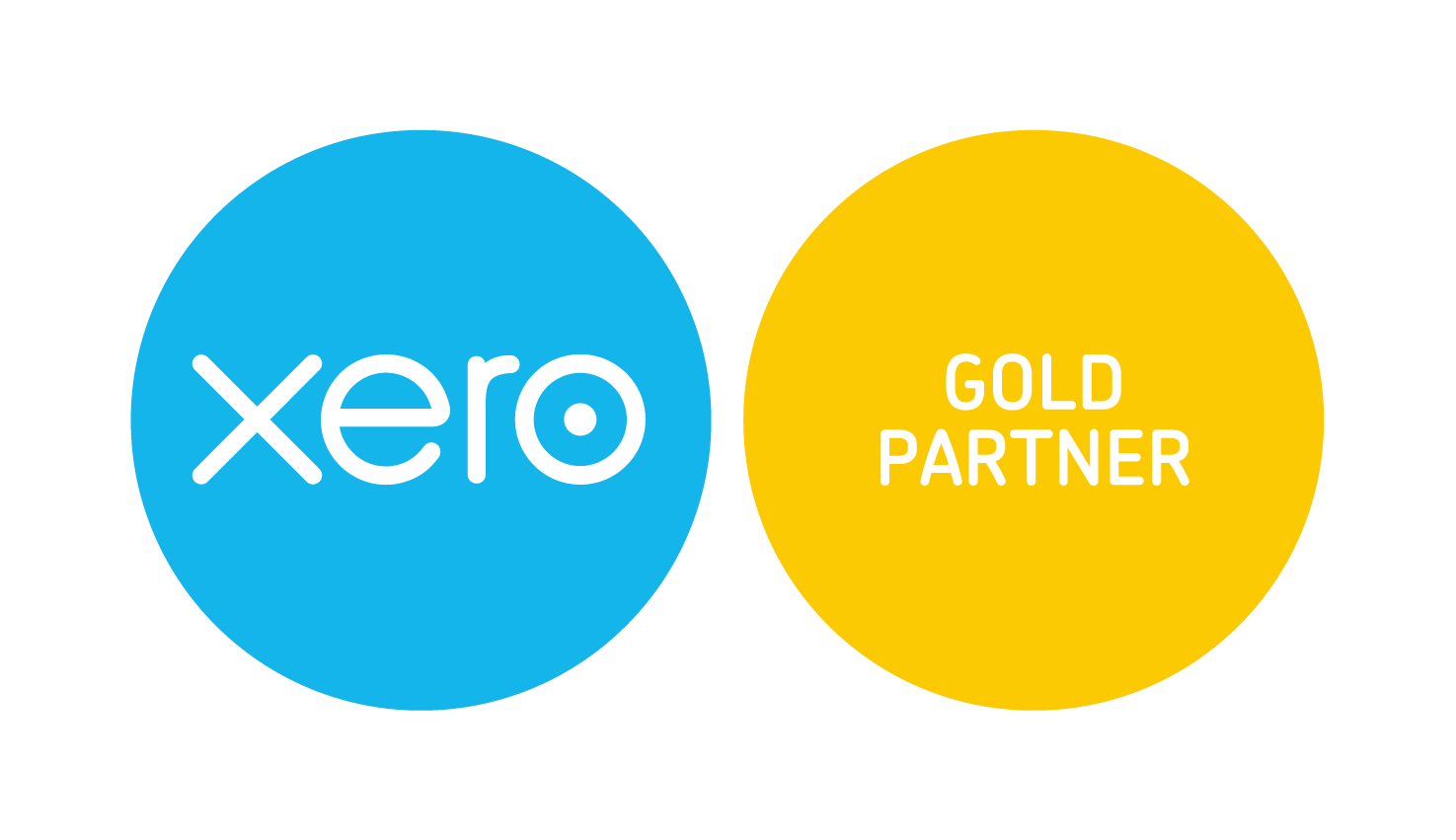Federal Budget 2025-26
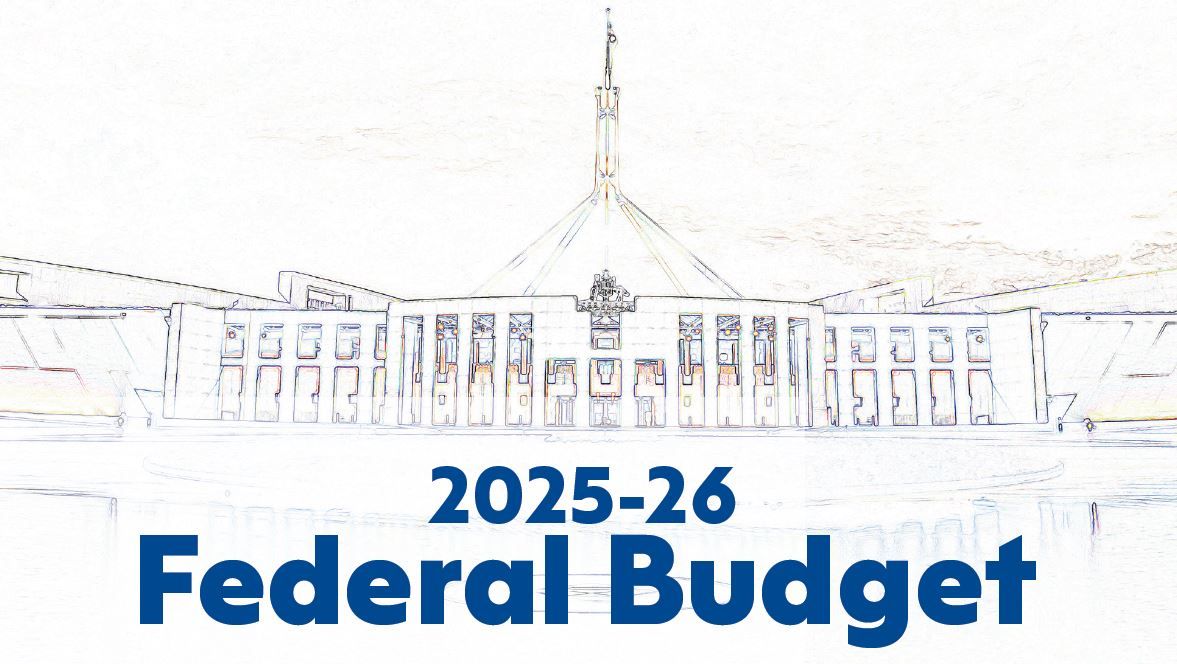
On 25 March 2025, the Federal Government delivered its fourth Budget, focusing on five key priorities, including cost-of-living relief, housing, and education.
From a tax and superannuation perspective, there weren’t any surprises, although the Treasurer did pull a rabbit out of the hat by announcing a small (very small) tax cut for individuals. Not many commentators had been expecting that.
Below you will find the key tax, superannuation and cost of living highlights together with measures already announced but not yet implemented to help you understand the changes that will impact you.
Please feel free to contact this office if you have any queries about them or how they may impact you in your circumstances.
Income tax measures
Personal tax cuts
It wouldn’t be an election Budget without at least a modest tax cut, and in his Budget Speech the Treasurer unveiled a small tax cut that will benefit all taxpayers, although they will have to wait more than two years to enjoy the full benefits.
As from 1 July 2026 the government proposes to shave 1% off the lowest tax bracket ($18,200 to $45,000), from 16% to 15%. Then, from 1 July 2027, another 1% comes off by taking the rate down to 14%. All this cutting will leave a taxpayer earning at least $45,000 better off by $268 in 2026-27 and $536 in 2027-28.
Economic times are tough, with the Budget sliding back into long-term deficits, so we suppose taxpayers should be grateful for whatever extra money comes their way, even $10 a week when it all finally comes through. With nominal wages on the rise, however, bracket creep will more than replenish the government’s coffers over time.
Of course, Labor needs to be re-elected before any of this comes to pass, although the Coalition may come along with tax cuts of their own. Bring it on.
Medicare Levy low income thresholds increased
The Medicare levy low‑income thresholds for singles, families, and seniors and pensioners are to be increased as from 1 July 2024. This is another form of a tax cut, and not one people have to wait two years for, so the proposed increases should be welcomed.
Higher education loan repayment changes
The government will reduce all outstanding Higher Education Loan Program (HELP) and other student debts by 20%, before indexation is applied on 1 June 2025. The proposed cut will remove a total of $16 billion in student debt.
In addition, the minimum repayment threshold is to increase substantially, moving from $54,435 in 2024-25 to $67,000 in 2025-26.
Both these changes had been previously announced late in 2024, but the Budget announcement shows the government remains committed to implementing them.
The missing Instant Asset Write-Off legislation
With the year end fast approaching, there are concerns that last year’s Budget announcement extending the $20,000 threshold for the small business Instant Asset Write-off to 30 June 2025 remains unenacted. As things stand, the threshold reverts back down to $1,000 for the 2024-25 financial year unless the law is changed to give effect to last year’s announcement. And there are unlikely to be any law changes this side of the election. We also note there has been no announcement for the 2025-26 financial year.
Readers may recall there were similar delays last year in relation to the 30 June 2024 extension, with amending legislation being passed at the eleventh hour.
Our preference would be to make the threshold a permanent feature of the law and to increase the threshold to at least $30,000.
Superannuation measures
Super Guarantee payable on payday from 1 July 2026
From 1 July 2026, employers will have to pay super at the same time as wages instead of every three months. This means if you’re paid weekly or fortnightly, your super will be too.
What this means:
- Better tracking of super payments – you'll be able to see your super being paid in real time, making it easier to spot any missing contributions.
- More money for retirement – getting super more frequently means it can start earning interest sooner, which adds up over time. According to the Treasurer, a 25-year-old earning a median income could have around $6,000 extra at retirement.
- Cashflow impact for businesses – employers will need to adjust their cashflow planning to accommodate more frequent super payments.
This change is designed to protect workers and boost retirement savings, making super payments more reliable and transparent.
Extra tax for super earnings for account balances above $3 million
The 15% additional tax on superannuation “earnings” for individuals with account balances above $3 million from 1 July 2025 appears to remain government policy. This will be on top of the existing 15% tax on superannuation earnings. The Budget papers confirm that the government isn’t backing down on this policy, making it a likely election issue.
What this means:
This extra tax has some major flaws, including:
- Taxing unrealised gains – meaning you could be taxed on profits you haven’t actually received.
- A fixed $3 million cap – as super balances grow over time, more people will be affected.
- Cashflow risks for SMSFs – especially for those holding property, farms, or land, where selling assets just to pay tax could be a real issue.
With the federal election approaching, time is running out for the Senate to debate this tax. If it doesn’t pass before the election is called, it will automatically disappear – a huge win after two years of industry pushback.
Cost of living measures
The government has announced a range of measures to help with everyday costs, including energy bill rebates, bulk billing incentives, and cheaper medicines.
Energy bill relief
Good news for households and small businesses – the government is extending energy bill rebates for another six months until 31 December 2025.
The changes include:
- Eligible households will receive $150 in total ($75 per quarter) from 1 July 2025.
- Small businesses that meet their state’s definition of a ‘small electricity customer’ will also receive $150 in total.
- The discount will be automatically applied to your electricity bill by your energy provider.
Expanding bulk billing incentives
From 1 November 2025, bulk billing incentives will be expanded to all Medicare-eligible Australians – not just children under 16 and concession card holders.
A new Bulk Billing Practice Incentive Program will also reward general practitioners (GP) who bulk bill all Medicare consultations, making it easier to find doctors who bulk bill. The goal? Nine out of ten GP visits bulk billed by 2030.
Cheaper medicines
The Government is lowering the maximum cost of medicines on the Pharmaceutical Benefits Scheme (PBS) for everyone with a Medicare card and no concession card.
From 1 January 2026, the maximum co‑payment will be lowered from:
- $31.60 to $25.00 per script for general Medicare cardholders
- For concession card holders, the co-payment will stay frozen at $7.70
These measures aim to ease financial pressure and improve access to essential services for Australians.
